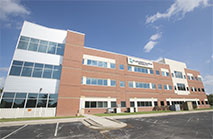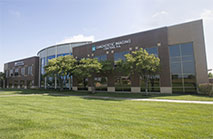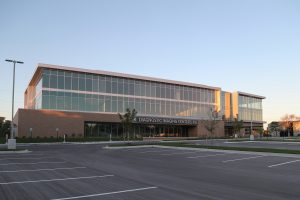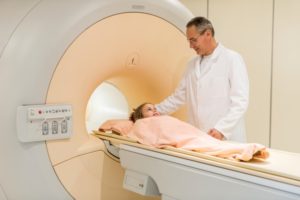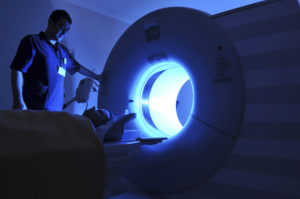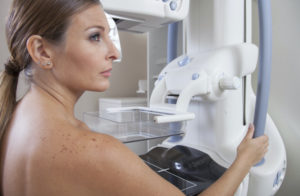Breast Density, Age and Aggression
 Breast density is a complex issue, and as we have discussed previously has been the subject of increasing media attention with many states enacting breast density notification laws. Doctors are busily trying to suss out what it means to have dense breasts: people with dense breasts are at higher risk of not finding their cancers by mammography. Sensitivity for finding breast cancer with mammography is reduced 10-20% in women with dense breast tissue. Remember, the only way to know if you have dense breasts is from a mammogram – it is not something you or your doctor can tell on physical exam.
Breast density is a complex issue, and as we have discussed previously has been the subject of increasing media attention with many states enacting breast density notification laws. Doctors are busily trying to suss out what it means to have dense breasts: people with dense breasts are at higher risk of not finding their cancers by mammography. Sensitivity for finding breast cancer with mammography is reduced 10-20% in women with dense breast tissue. Remember, the only way to know if you have dense breasts is from a mammogram – it is not something you or your doctor can tell on physical exam.
In addition to the effect on mammographic evaluation, having the densest breasts (more than 75% glandular tissue on a mammogram) is associated with a slight but real (estimates are between 2-4%) increase in risk of breast cancer just from having dense breasts alone. Questions about what dense breasts mean to individual women, how changes in breast density over time affect a woman’s risk and whether breast density has an effect on tumor type are all subjects for further research and study. If a woman with dense breasts gets cancer, will it be a more aggressive form? Is age a factor? The questions are many… and the answers are still being uncovered.
A recently published study evaluated breast density and tumor aggressiveness. The study published in November in the journal Breast Cancer Research acknowledges that “Clinical literature on the association between mammographic density and breast cancer has been inconsistent.” Their work is furthering our understanding of the implications of having dense breasts.
What this latest study shows is a correlation between dense breasts, age and more aggressive forms of breast cancer. While the study is a complex read, the results are direct: The researchers found a link between more aggressive cancers and having dense breasts. And this is especially true for younger women (those less than 55).
For now, this is just more information to add to our understanding of breast density and its impact on breast health. How this will affect management and evaluation of patients in the future is still being worked out. This most important thing to remember is that yearly mammography is the key to screening for women – women of all breast density. For those of you with dense breast tissue, understanding your overall breast cancer risk is important. Clinical breast exams every year are an important additional tool in breast cancer screening. Additional imaging or evaluation is not usually necessary unless there are other factors increasing your breast cancer risk.
We applaud the researchers who are working to answer the many questions that abound about breast density and its effect on breast health. Hopefully, we will have more answers than questions in the near future!
Originally published 12/5/13 on mamographykc.com.
